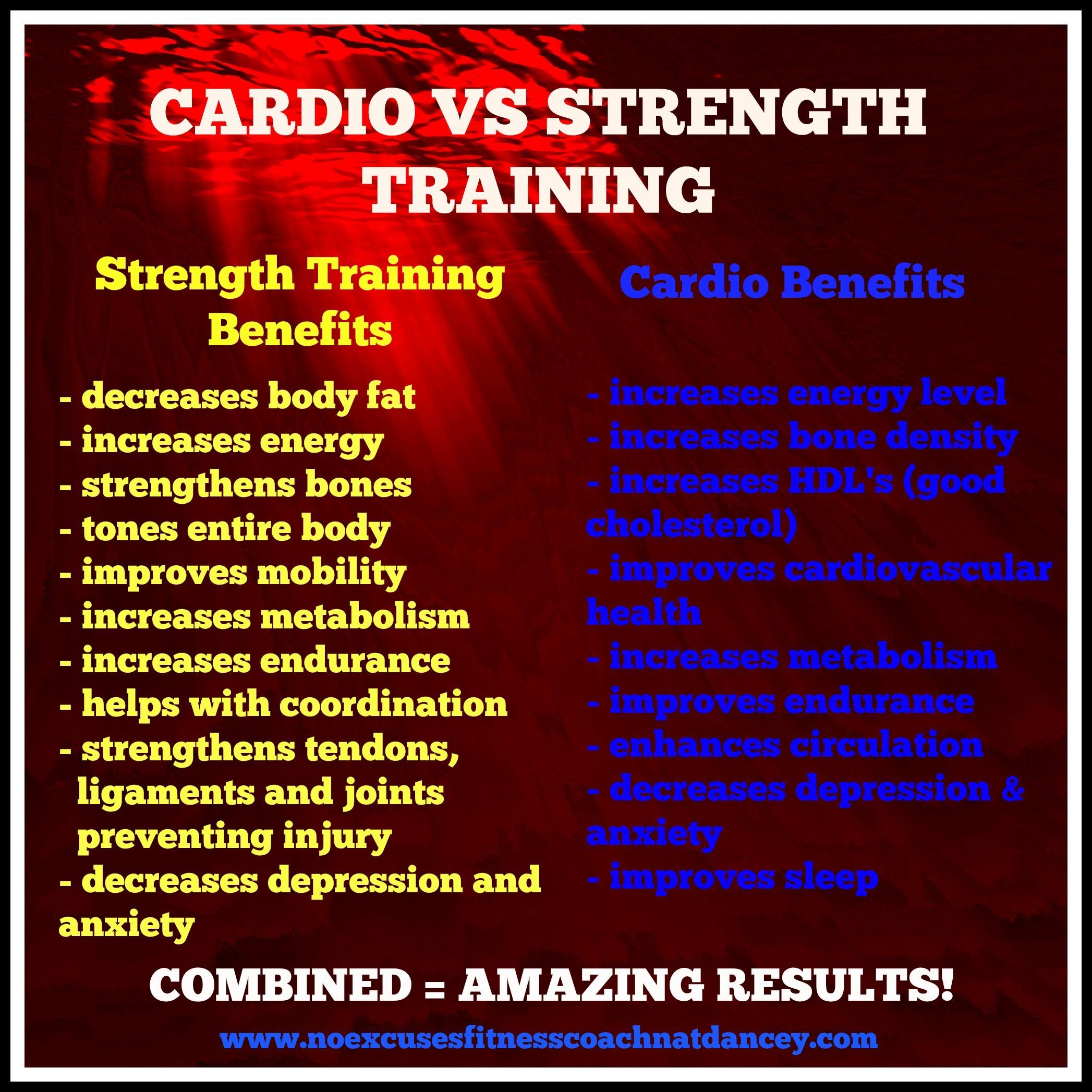When it comes to achieving your fitness goals, exercise is only one part of the equation. Proper nutrition plays a crucial role in supporting your workouts and helping you recover effectively. However, the type of exercise you do can have a significant impact on the nutritional strategies you should employ. In this article, we will discuss the differences between cardio and strength training and how your nutrition should adapt to each.
Cardio Exercise
Cardiovascular exercise, such as running, cycling, or swimming, is excellent for improving heart health, burning calories, and boosting endurance. While cardio workouts can vary in intensity and duration, they generally rely on glycogen stores in the muscles for energy. To support your cardio sessions effectively, consider the following nutrition strategies:
Hydration
Proper hydration is essential for optimal performance during cardio workouts. Aim to drink water before, during, and after your exercise to maintain hydration levels. For longer cardio sessions, consider including electrolyte-rich beverages to replenish lost minerals through sweat.
Carbohydrates
Since cardio exercises rely on glycogen as a primary source of energy, it’s crucial to consume an adequate amount of carbohydrates before your workout. Opt for complex carbs like whole grains, fruits, and vegetables to sustain your energy levels throughout your exercise.
Protein
While cardio workouts are not as protein-intensive as strength training, protein still plays a vital role in muscle repair and recovery. Include a moderate amount of protein in your post-workout meal to support muscle maintenance and growth.
Strength Training
Strength training, which involves lifting weights or resistance exercises, focuses on building muscle strength, increasing muscle mass, and improving overall body composition. Unlike cardio workouts, strength training relies heavily on protein for muscle repair and growth. Consider the following nutrition strategies for effective strength training:
Protein
Protein is the cornerstone of any strength training diet due to its role in muscle repair and growth. Aim to consume protein-rich foods like lean meats, poultry, fish, eggs, dairy, and plant-based sources like legumes and tofu. Additionally, consider incorporating protein shakes or bars as convenient post-workout snacks.
Carbohydrates
While protein is essential for muscle repair, carbohydrates are equally crucial for providing energy during strength training workouts. Incorporate complex carbohydrates before your exercise to fuel your muscles and maintain energy levels throughout your training session.
Fats
Healthy fats, such as avocados, nuts, seeds, and olive oil, play a vital role in supporting overall health and hormone production. Include a moderate amount of healthy fats in your diet to optimize energy levels, promote muscle recovery, and support hormone balance.
Conclusion
Whether you prefer cardio or strength training, your nutrition plays a critical role in supporting your workouts and helping you achieve your fitness goals. By understanding the differences between these two types of exercise and adjusting your nutrition strategies accordingly, you can optimize your performance, enhance recovery, and maximize your results. Remember to consult with a nutritionist or dietitian to create a personalized nutrition plan that suits your exercise preferences and goals.
Start implementing these nutrition strategies to fuel your workouts effectively and see the difference in your performance and results!
Stay healthy, stay fit!
